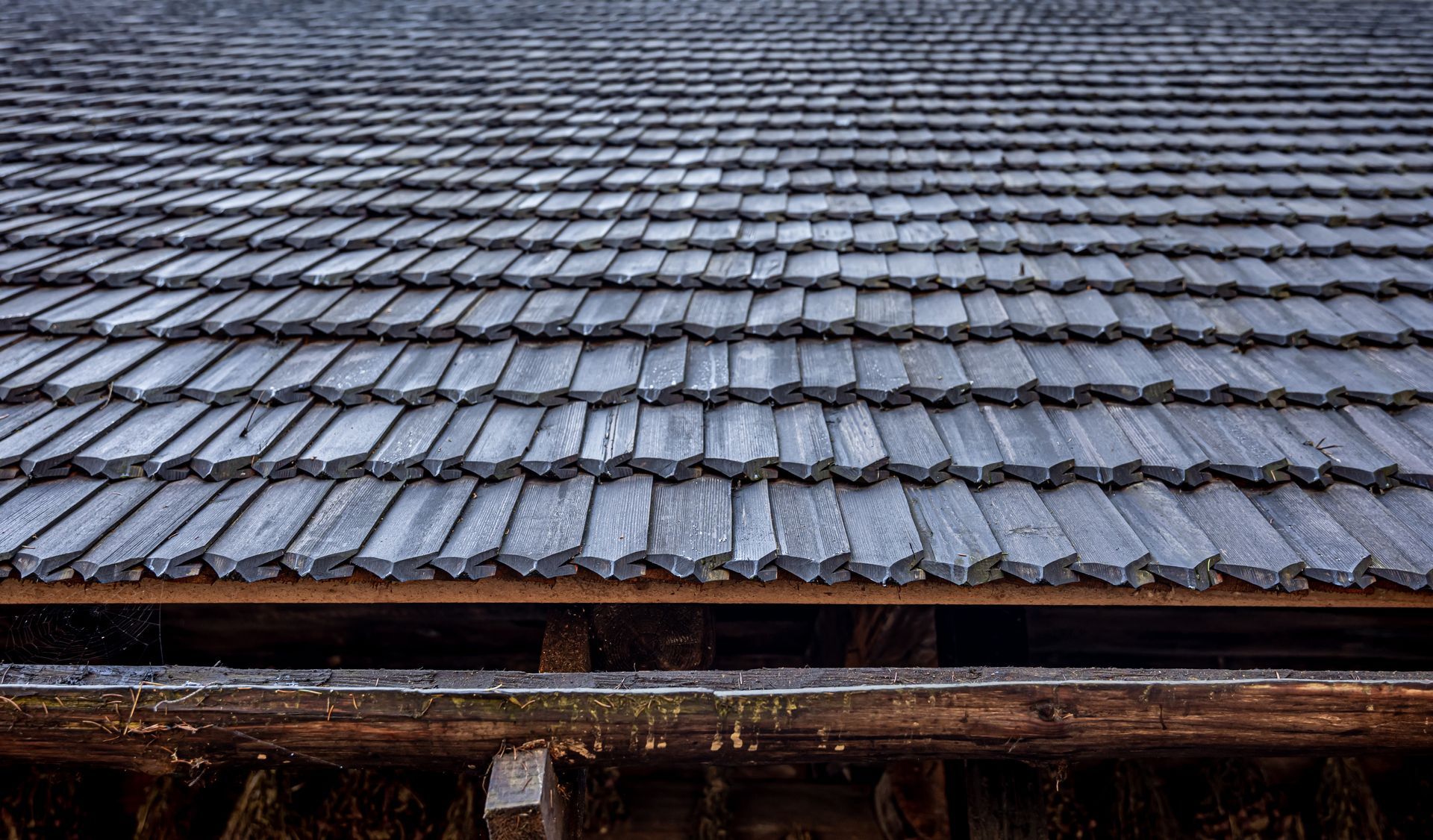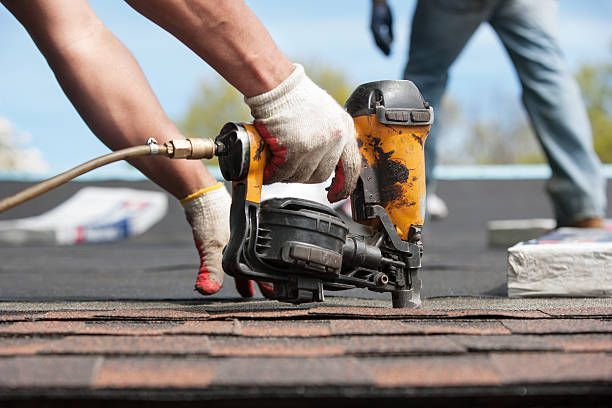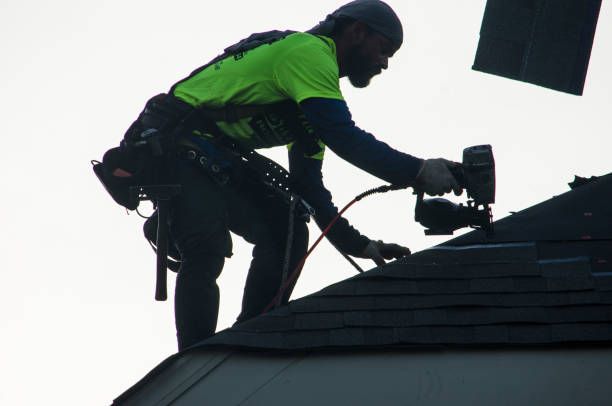What to Expect During a Roofing Installation Project
A roofing installation project is an important investment that can enhance the safety, functionality, and aesthetic appeal of your home. Understanding what to expect during this process helps ensure a smooth and stress-free experience. The project typically begins with an inspection of your existing roof to determine the necessary repairs or replacements. Following this, your roofing contractor will provide an estimate and outline the scope of work, including material options and timelines.
Once the project begins, the installation team will remove the old roofing materials, inspect the underlying structure for any damage, and then install the new roofing system. The process may take a few days, depending on the size of your roof and the materials used. Throughout the installation, the contractor will keep you informed, ensuring that you’re satisfied with the progress. By the end of the project, you’ll have a durable, high-quality roof protecting your home for years to come

Understanding the Process of a Roofing Installation Project
A roofing installation project may seem like a daunting task, but breaking it down into stages can make it more manageable. The first phase usually involves a thorough inspection of your current roof to assess its condition. This allows the contractor to determine whether a full replacement or repairs are necessary. Following the inspection, the roofing company will provide an estimate, outlining the materials needed, the overall cost, and a timeline for completion.
Once the paperwork is in order, the installation begins. The old roofing materials are removed, and the underlying structure is inspected for any damage. If necessary, repairs are made to ensure that the new roof will be installed on a solid, stable foundation. The project will continue with the installation of the new roofing materials, followed by thorough cleanup once the work is completed.
Preparing for Your Roofing Installation Project
Preparing for a roofing installation project involves a few simple steps that can ensure the process runs smoothly. First, clear any obstacles around your home, such as outdoor furniture or plants, to provide easy access for the installation crew. It’s also a good idea to let your neighbors know that roofing work will be taking place, as the noise can be disruptive. Lastly, make sure your contractor knows where to park their trucks for easy delivery of materials.
During the installation, it’s important to have a clear line of communication with the roofing team. The contractor should keep you informed of any unexpected developments, such as weather delays or changes to the schedule. A well-prepared space can help minimize disruptions to your daily routine and keep the project on track. It’s also wise to plan for some minor inconveniences, such as debris or noise, but the end result will be worth it.
The Timeline of a Roofing Installation Project
The timeline of a roofing installation project can vary depending on the size of your roof, the materials used, and the weather conditions. Typically, a standard roofing installation can take anywhere from one to several days. The first day usually involves removing the old roofing materials and inspecting the roof deck for damage. Following that, the new materials will be installed, starting with the underlayment, followed by shingles or other roofing materials.
During the project, your roofing contractor should provide you with an estimated timeline. Weather can sometimes delay progress, especially if it’s rainy or windy, but good roofing companies will work to stay on schedule as much as possible. Once the roof is installed, a final inspection is conducted to ensure everything is up to standard.
Materials Used in a Roofing Installation Project
One of the most important decisions in a roofing installation project is selecting the right materials. The type of roofing materials used will determine the look, durability, and cost of your new roof. Common roofing materials include asphalt shingles, metal, wood shakes, and clay or concrete tiles. Each material has its advantages, depending on your home’s style, your climate, and your budget.
Your contractor should guide you through the selection process, explaining the benefits and drawbacks of each option. For example, asphalt shingles are cost-effective and versatile, while metal roofs are durable and energy-efficient. Understanding the options available ensures that you make an informed decision that fits your needs.
How a Roofing Installation Project Enhances Home Value
A roofing installation project not only provides protection but can also increase your home’s overall value. Buyers are often attracted to homes with new, well-installed roofs, as this represents a significant upgrade and provides peace of mind that they won’t need to replace the roof anytime soon. A new roof can improve your home’s curb appeal, which plays a major role in how it’s perceived by potential buyers.
In addition to improving the home’s value, a new roof can also enhance its energy efficiency. Modern roofing materials are designed to reflect heat and reduce energy costs, which is an attractive feature for future buyers.
The Clean-Up Process After a Roofing Installation Project
Once the roofing installation is complete, the cleanup process is essential to ensure your property is left in good condition. The crew will typically remove any leftover roofing materials, such as old shingles, nails, and underlayment. It’s also important to clear debris from your yard and driveway, as roofing projects can create a lot of waste. Contractors should perform a thorough clean-up, leaving your home looking as good as it did before the installation.
The clean-up process may take a few hours after the roof is fully installed, but it’s worth the effort. Roofing companies will usually take care of this to ensure no nails or debris are left behind, which can be hazardous to both people and pets.
What to Expect During the Final Roofing Inspection
After your roof has been installed, a final inspection is typically conducted to ensure that everything has been completed according to plan. The roofing contractor will check the installation for any imperfections or potential issues that could arise down the road. This may involve checking the alignment of the shingles, the condition of the flashing, and the overall structure of the roof to ensure that it is watertight and secure.
If any issues are found during the final inspection, they will be addressed immediately. The contractor will make the necessary adjustments to ensure the roof meets high-quality standards.
Budgeting for a Roofing Installation Project
Budgeting for a roofing installation project is a critical part of the process. The cost of installing a new roof can vary depending on the materials used, the size of your roof, and the complexity of the installation. It’s essential to discuss your budget with the roofing contractor before the project begins so that you can get an accurate estimate. Understanding the total cost upfront helps avoid surprises during the project and ensures that you stay within your financial limits.
The Role of a Professional Roofing Contractor in Your Project
Hiring a professional roofing contractor is essential to ensuring that your roofing installation project goes smoothly. A qualified contractor will have the expertise and experience necessary to properly install your new roof and deal with any challenges that arise during the project. From handling permits and inspections to ensuring that the materials are installed correctly, a professional contractor ensures the job is done to high standards.
Conclusion
A roofing installation project can seem overwhelming, but knowing what to expect at each stage can make the process much easier. From the initial inspection to the final inspection, understanding each step ensures that the installation goes smoothly. It’s crucial to stay informed throughout the process to avoid any surprises. By working with a professional roofing team, you can trust that your new roof will be installed properly, providing protection and value to your home for many years.
If you’re ready to begin your roofing installation project or have any questions about the process, contact Spring Valley Roofing at (610) 948-5207. Located at 1714 Gilbertsville Rd, Pottstown, PA 19464, our team is here to guide you through each step, ensuring a hassle-free and efficient experience. Let us help you enhance the safety, appearance, and value of your home with a quality roof installation.



